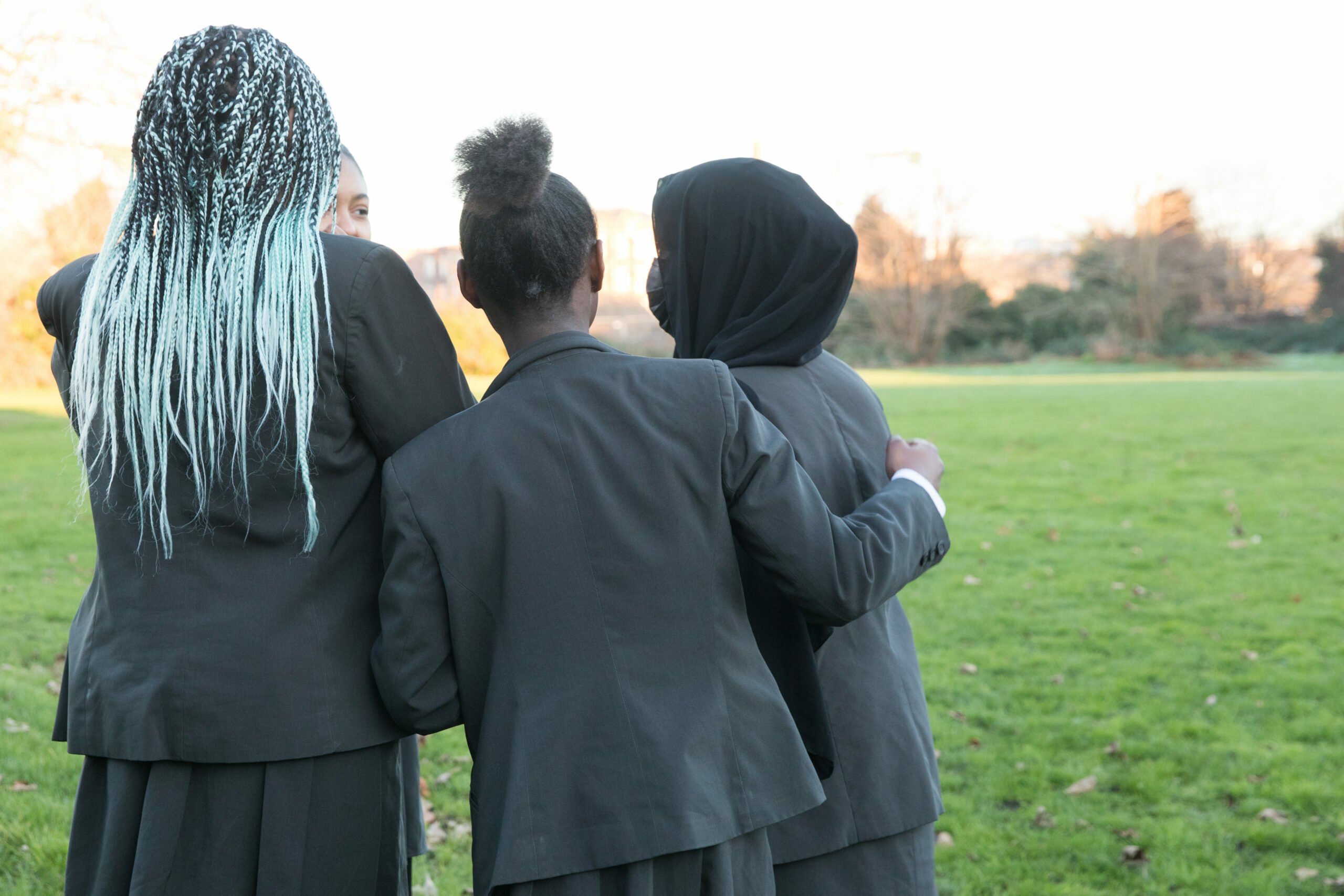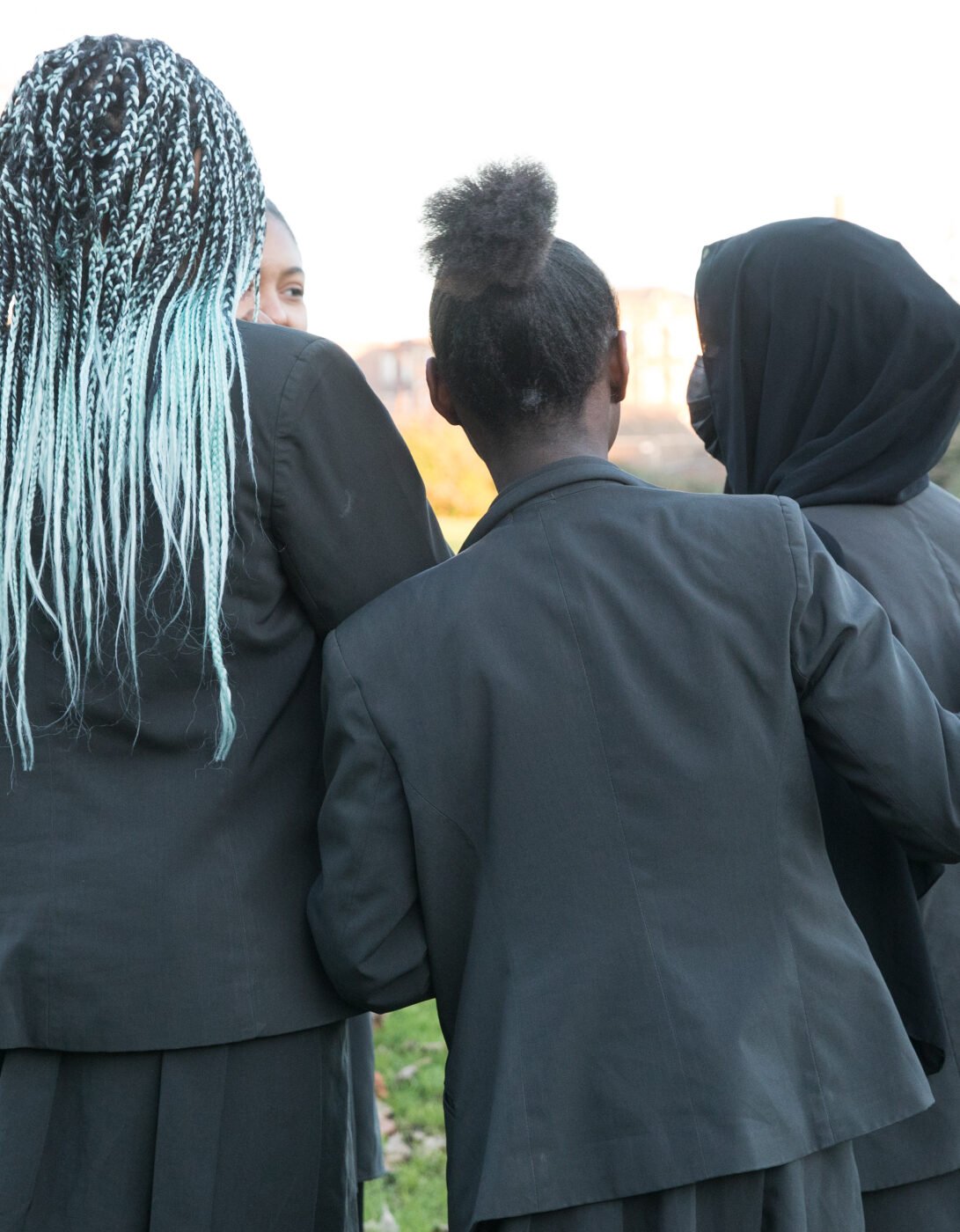Each year, hundreds of thousands of young people take part in a DofE programme. Keeping them safe is our first priority and everyone’s responsibility.
The essence of DofE is personal challenge. We help young people build confidence and resilience by testing themselves, often in unfamiliar environments. That means they’ll encounter risks – it’s part of their personal development. But always in a way that’s carefully managed.
Here, you can find out more about DofE’s approach to keeping young people safe from harm. And how you can report any concerns.
Please contact us if you need to. Please mark your email as ‘Confidential’.
If you are a parent or carer, or Licensed Organisation please read the information below to help you keep young people safe.






